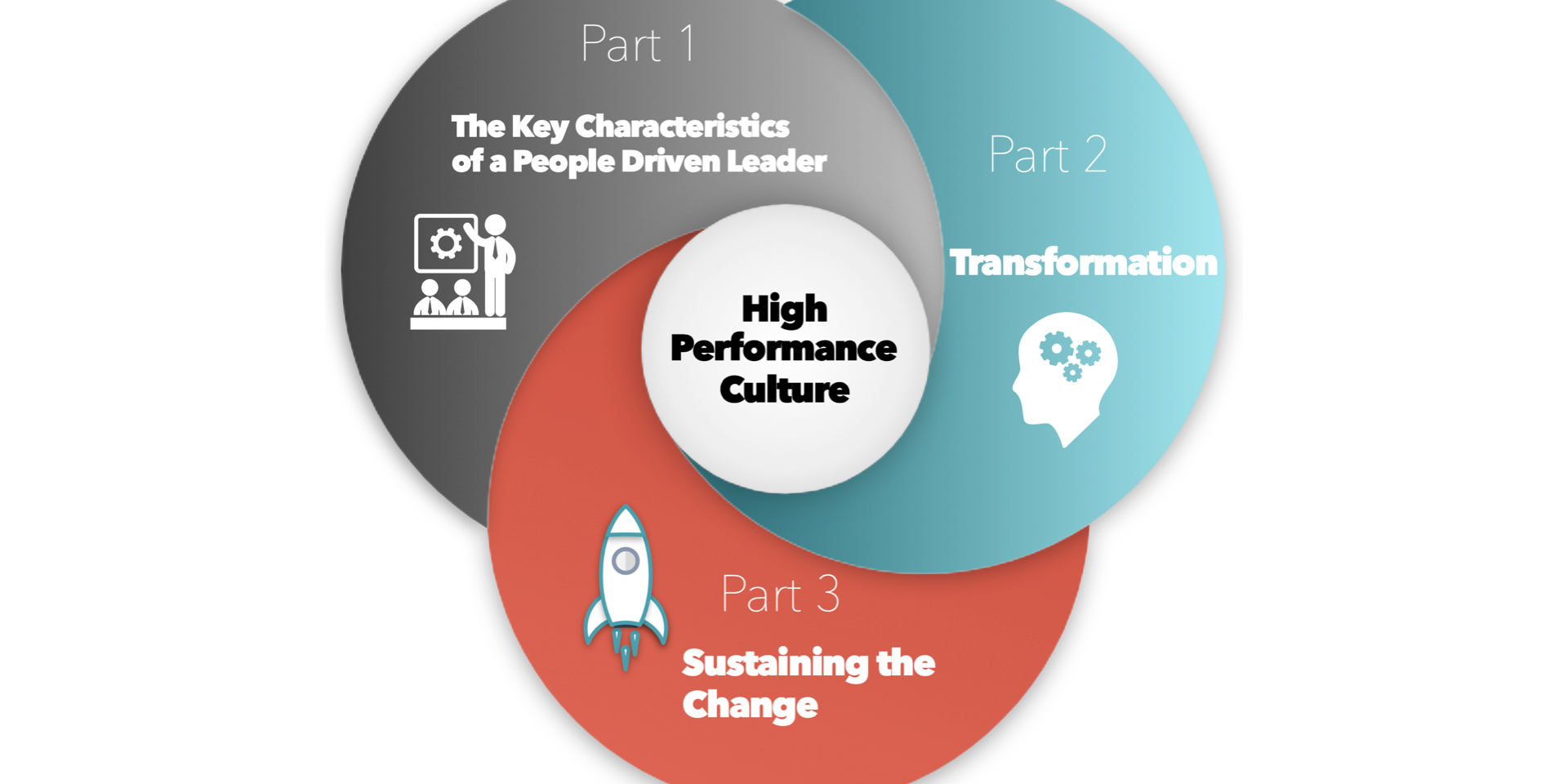Accountability is the key to changing your center’s weaknesses into its strengths.
In the 1960s, behavioral psychologist John Stacey Adams made an interesting statement about fairness in the workplace. He theorized that when employees perceive inequity, they will seek to reduce it in one of two main ways: by directly altering inputs (what the employee gives to the organization, such as effort, loyalty, and trust) and outcomes (what they receive in return, like salary, sense of achievement and support), or by leaving the organization altogether.
In other words, people value fair treatment. When they perceive unfair treatment, they will change something about the way they work — their level of effort or loyalty — to match.
At the comm center, we can’t afford to risk effort and loyalty when lives are on the other end of the phone. But at the same time, violations of perceived fairness happen all the time — our coworkers and leaders are all human, and promises get broken, expectations can go unmet, and commitments may be forgotten.
How can we remedy feelings of unfairness at the comm center without risking the qualities that help us save lives, like effort, trust and loyalty?
THE KEY TO SUCCESS
The answer is accountability. When we hold each other accountable for things we’ve done (or haven’t done), we’re able to change what we dislike. But before that, it’s important that we clarify our expectations.
“You can’t solve long-standing problems if you haven’t let others know exactly what you want,” wrote the authors of the book “Crucial Accountability.” “With unclear expectations, you don’t have the right to hold others accountable to violations they may not be aware of.”
What does it look like to clarify expectations and hold each other accountable like this at the comm center? It starts with your vision. If the vision is to have a high-performing comm center—one where people like to work, have fun while doing it, and work at a high level of professionalism—this vision will inform the expectations your center sets together.
Remember the center in the Southwest I mentioned when I discussed changing behaviors, in last article? Part of their change initiative included translating their new values statement into clearly defined “in-bounds” and “out-of-bounds” behavior.
This clarified expectations for all center employees. When people practiced in-bounds behavior, they received praise and recognition. Out-of-bounds behavior prompted another important element of accountability — accountability conversations.
WHAT IS AN ACCOUNTABILITY CONVERSATION?
The vehicle by which a center maintains its standard of excellence is accountability. If someone violates a core value or policy, or otherwise violates the expectations everyone in the center has agreed to live by, it must be grounds for a conversation.
The problem is that most times, when an expectation is violated, we just let it go. We forgo the opportunity to build connection, understand another’s viewpoint, and improve the possibility of a healthy working relationship.
Or at least we pretend to let it go. But we frequently don’t. We make a mental note about that person and their violation, and we hold on to it. We brood about it, we tell others, and it festers. A few days or a few weeks later, that infraction—no matter how small or big—has become exponentially worse in our own minds.
It’s up to People Driven Leaders to spearhead these conversations — and remember, you don’t have to be in a leadership position to be a People Driven Leader. If you’re not willing to have tough conversations in the interest of accountability, who will? Everyone is looking to everyone else for the acceptable practice. It’s the People Driven Leaders’ responsibility to model the expectations for the entire team.
HOLDING YOUR CENTER ACCOUNTABLE
Let’s say you work at a center where supervisors or members of leadership aren’t always present, or they’re unwilling to have tough conversations. You observe someone snap at another coworker, and then hear that same person complain about their coworker to someone else. This is in clear violation of your center’s expectations — your team decided that it would no longer tolerate this kind of toxic behavior, but no one else is doing anything about it.
Instead of thinking, “Someone should really do something about this,” try being that someone. You have the power as a People Driven Leader to hold your coworker accountable by respectfully reminding him or her of the center’s expectations.
People Driven Centers are places where people want to work because they have found the courage to redefine accountability, and what it means to be a part of a highly-functioning team.
As you continue to work on transforming your center, consider how accountability influences the way your center is running. Has your center worked together to set expectations for the team? Is everyone aware of these expectations? Does your team feel empowered to hold each other to these expectations?
Team members at the best centers have the courage to set expectations and keep one another accountable to them. As you work to make your center the best it can be, accountability is the glue that will hold your transition together.
Thanks for reading this article, containing excerpts from my book, “People Driven Leadership: How the Best 9-1-1 Centers Inspire Positive Change.”
This is the thirteenth article of 20. Stay tuned for the next!
About the Author:
Adam Timm is the president and founder of The Healthy Dispatcher. A 9-1-1 telecommunicator with the Los Angeles Police Department for over a decade, Adam now provides leadership training and consulting to PSAPs around the country. He is the author of three books, including the popular, Dispatcher Stress: 50 Lessons on Beating the Burnout, and, “People Driven Leadership: How the Best 9-1-1 Centers Inspire Positive Change,” both available on Amazon.com.
For more articles visit: https://thehealthydispatcher.









